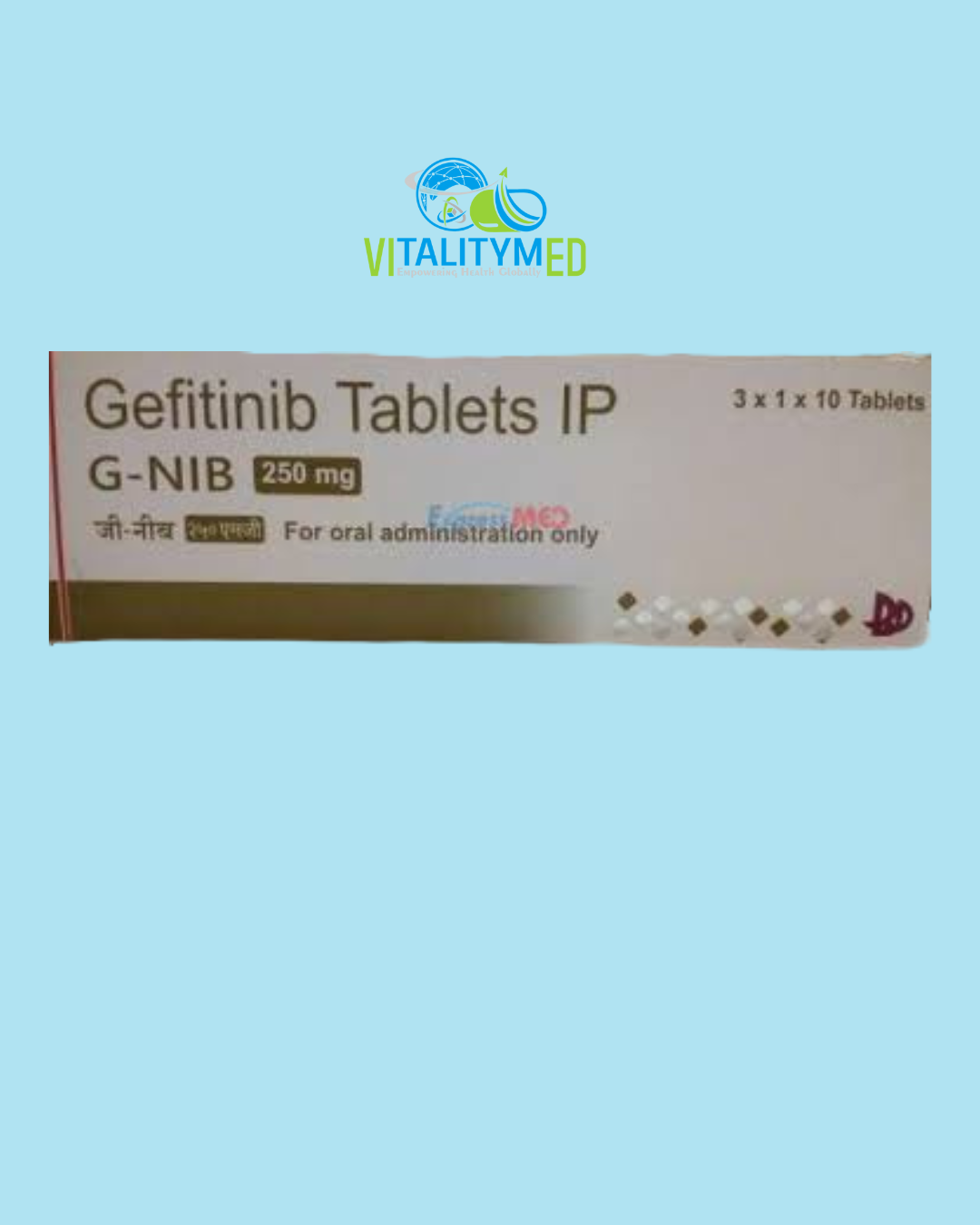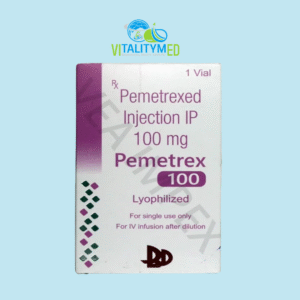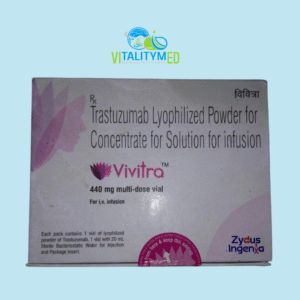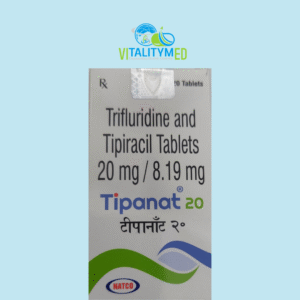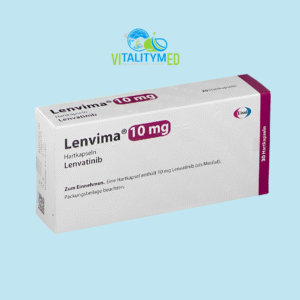G-NIB is a targeted cancer therapy that contains gefitinib as its active ingredient. It is mainly used in the treatment of non-small cell lung cancer, especially in patients whose cancer cells have specific mutations in the EGFR gene. G-NIB offers a more focused approach than traditional chemotherapy by attacking cancer cells while having less impact on normal cells. It is taken as a tablet by mouth and is usually used in advanced or metastatic cases.
Mechanism of Action:
Gefitinib works by blocking a protein called the epidermal growth factor receptor, or EGFR. This receptor is often overactive in certain cancer cells, causing them to grow and divide uncontrollably. G-NIB binds to the EGFR on the surface of these cells and stops the signals that tell the cancer to grow. This helps slow down or stop the spread of the tumor and may even shrink it in some patients.
Uses:
G-NIB is prescribed for:
-
Treatment of non-small cell lung cancer that is advanced or has spread
-
Patients whose tumors have specific activating mutations in the EGFR gene
-
Individuals who have not responded to or are unsuitable for chemotherapy
Adverse Effects:
G-NIB is generally better tolerated than standard chemotherapy, but it can still cause side effects. Common side effects include:
-
Skin rash, dryness, or acne-like reactions
-
Diarrhea, which can sometimes be severe
-
Loss of appetite, nausea, or vomiting
-
Weakness or fatigue
-
In some cases, changes in liver function tests

